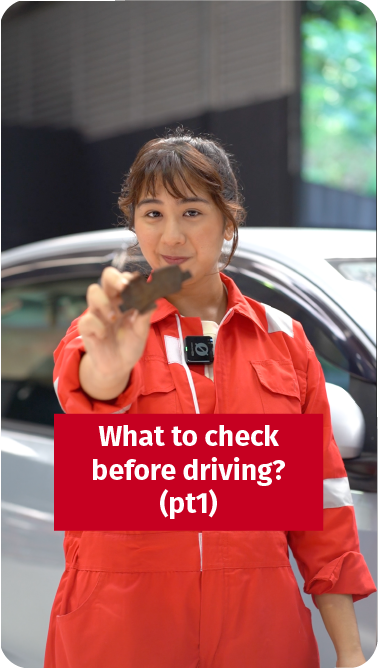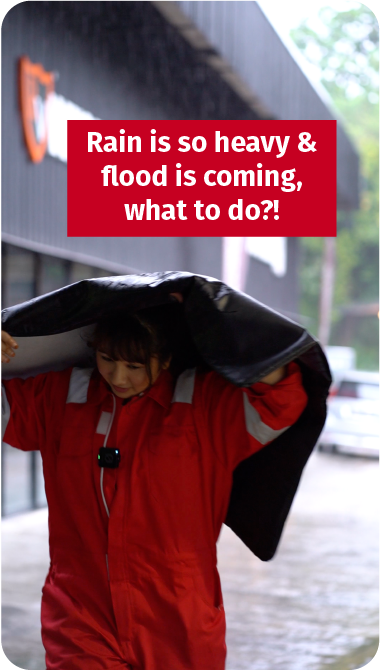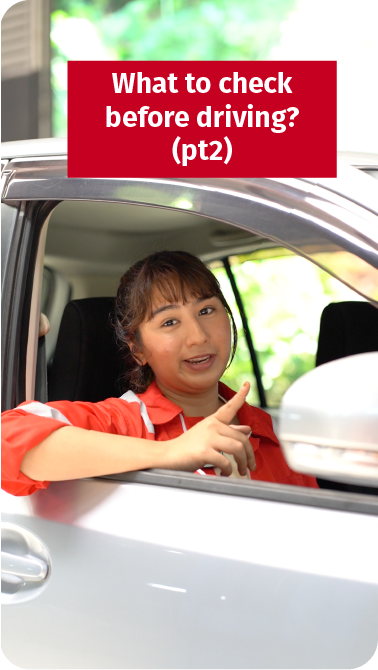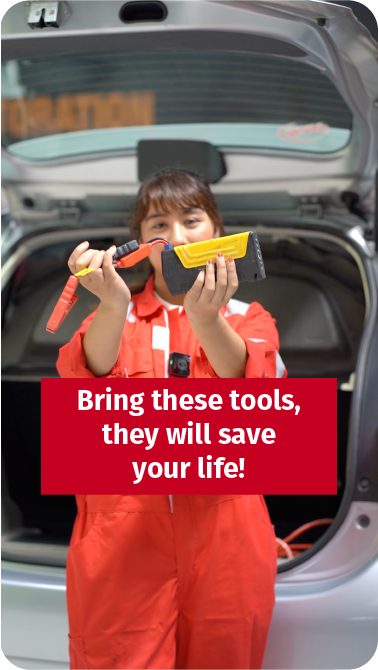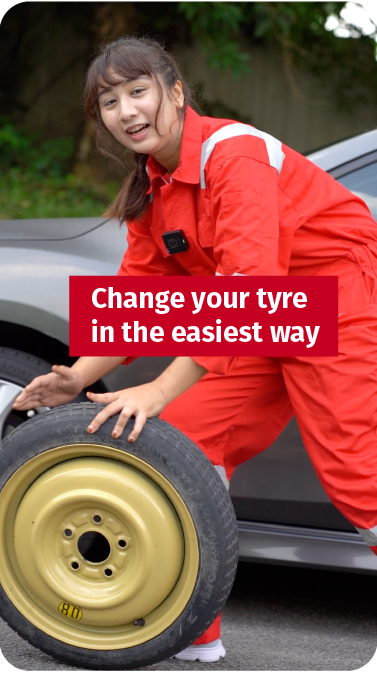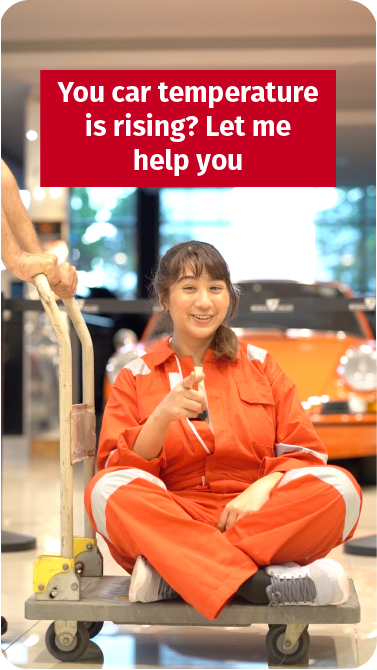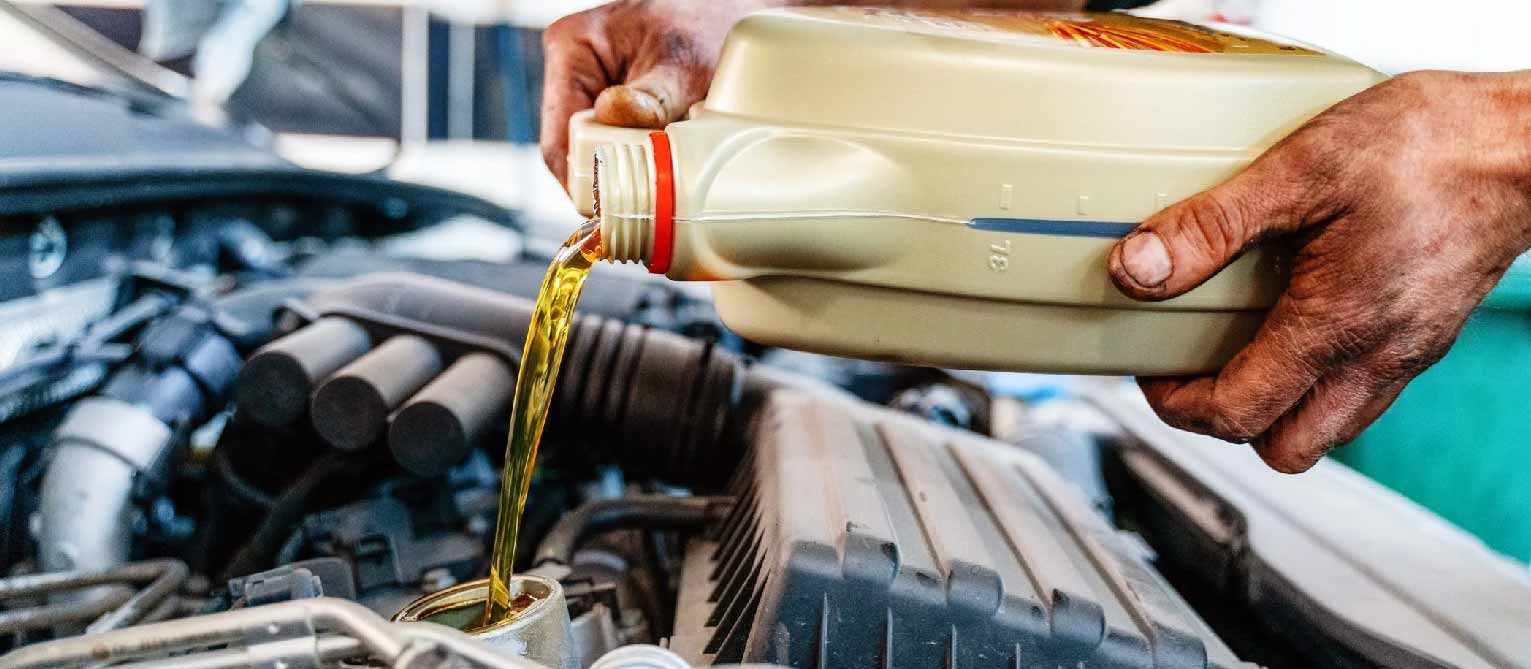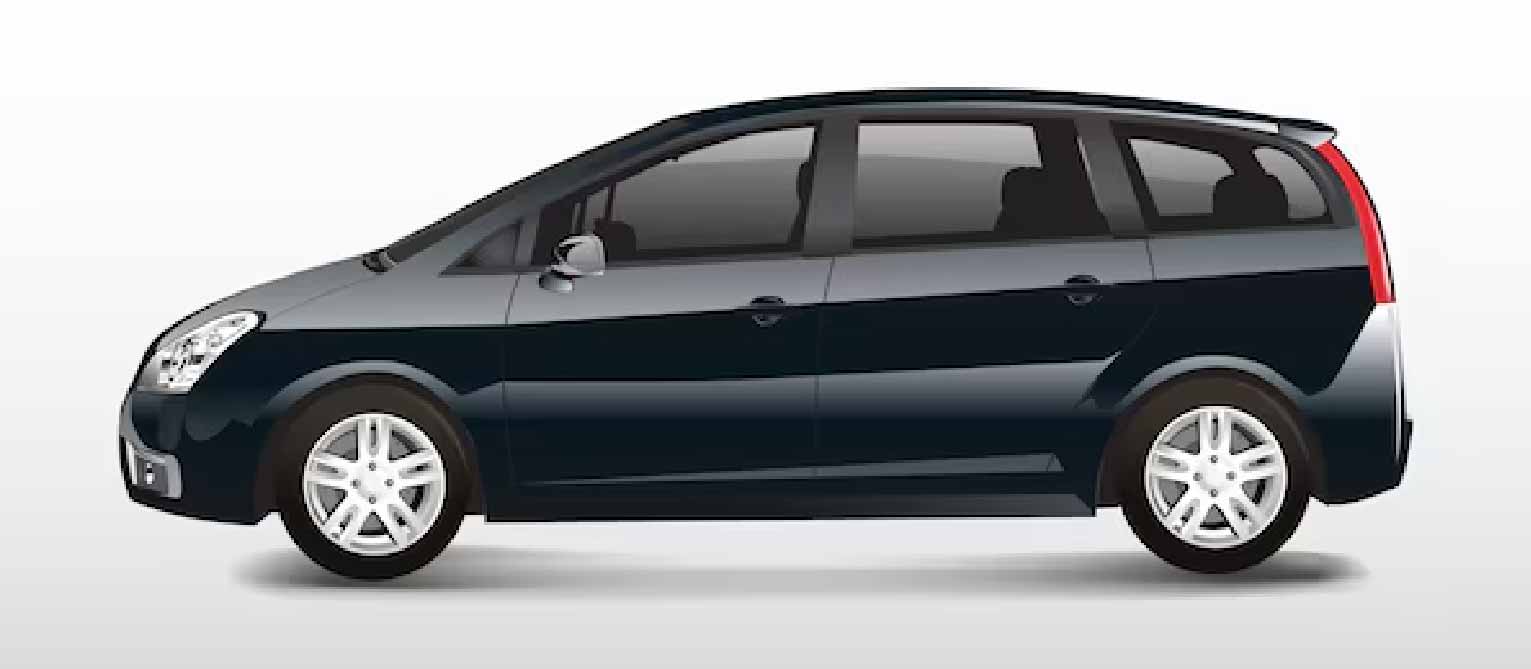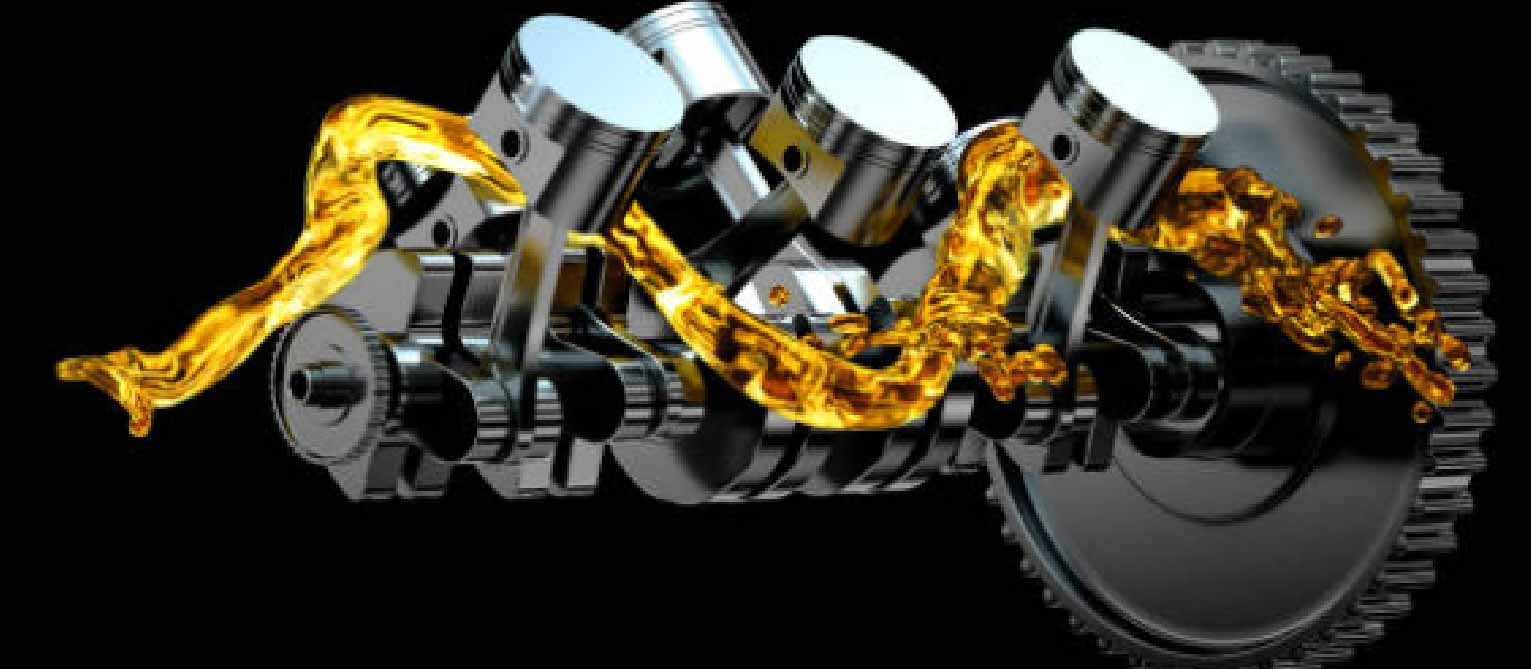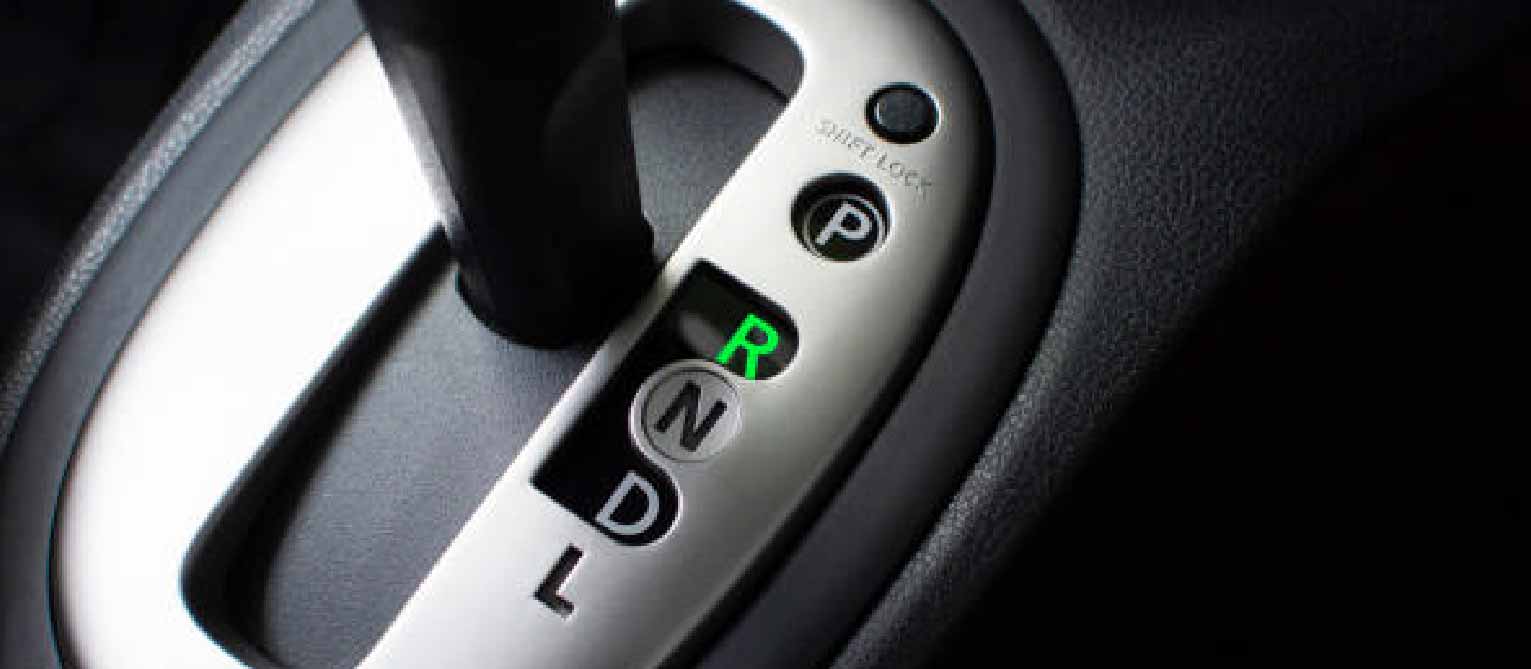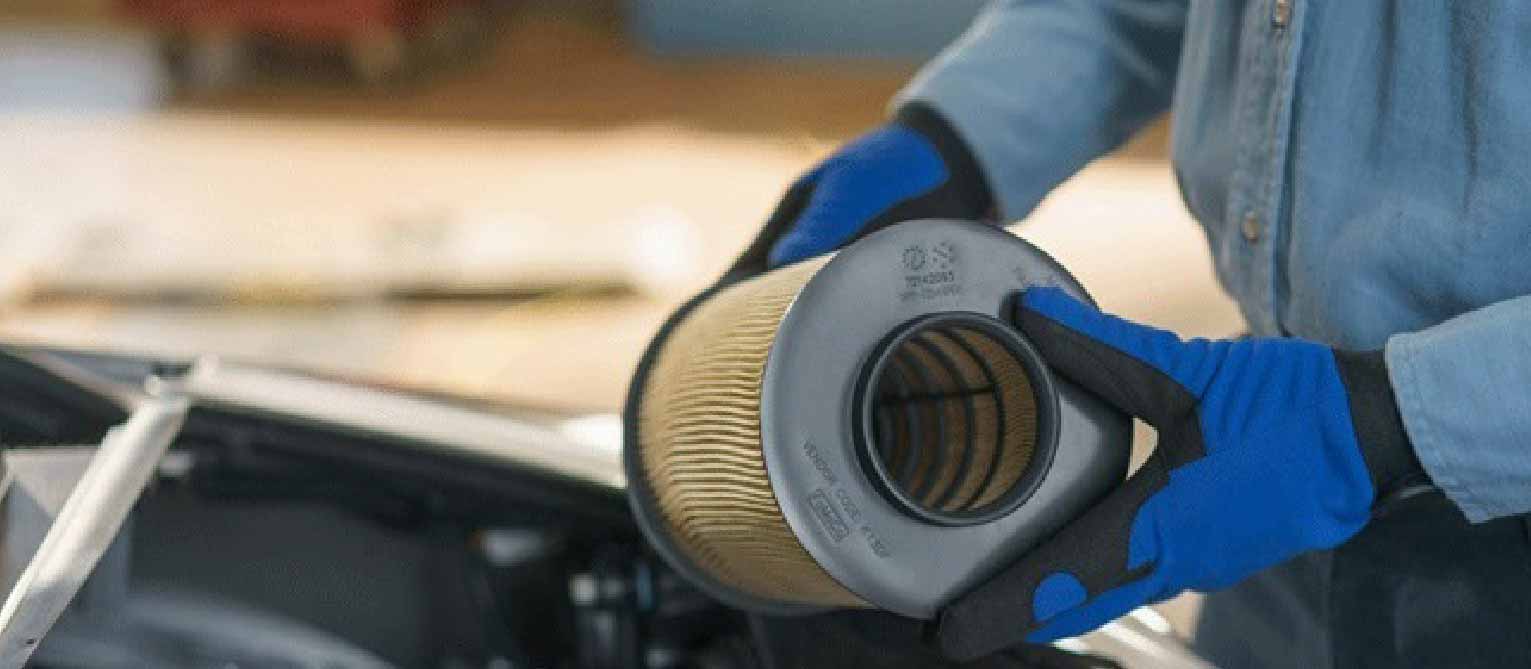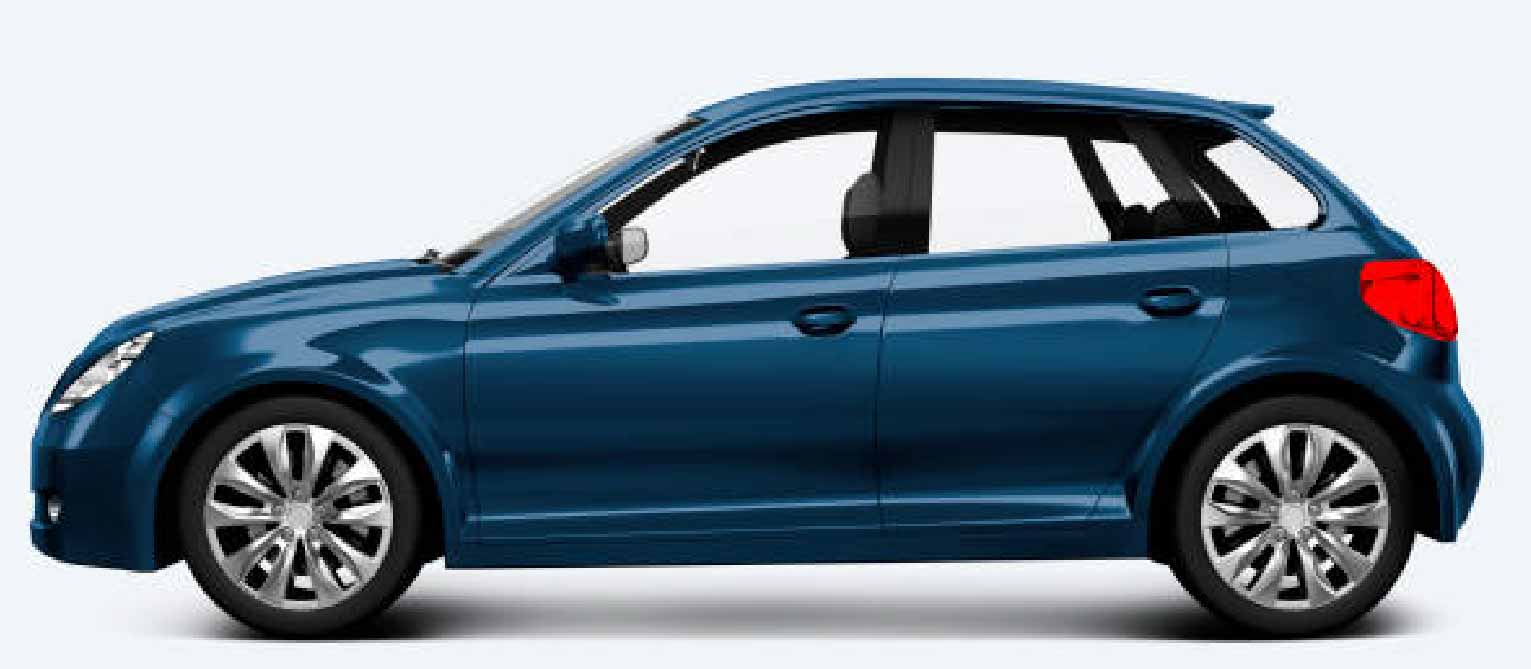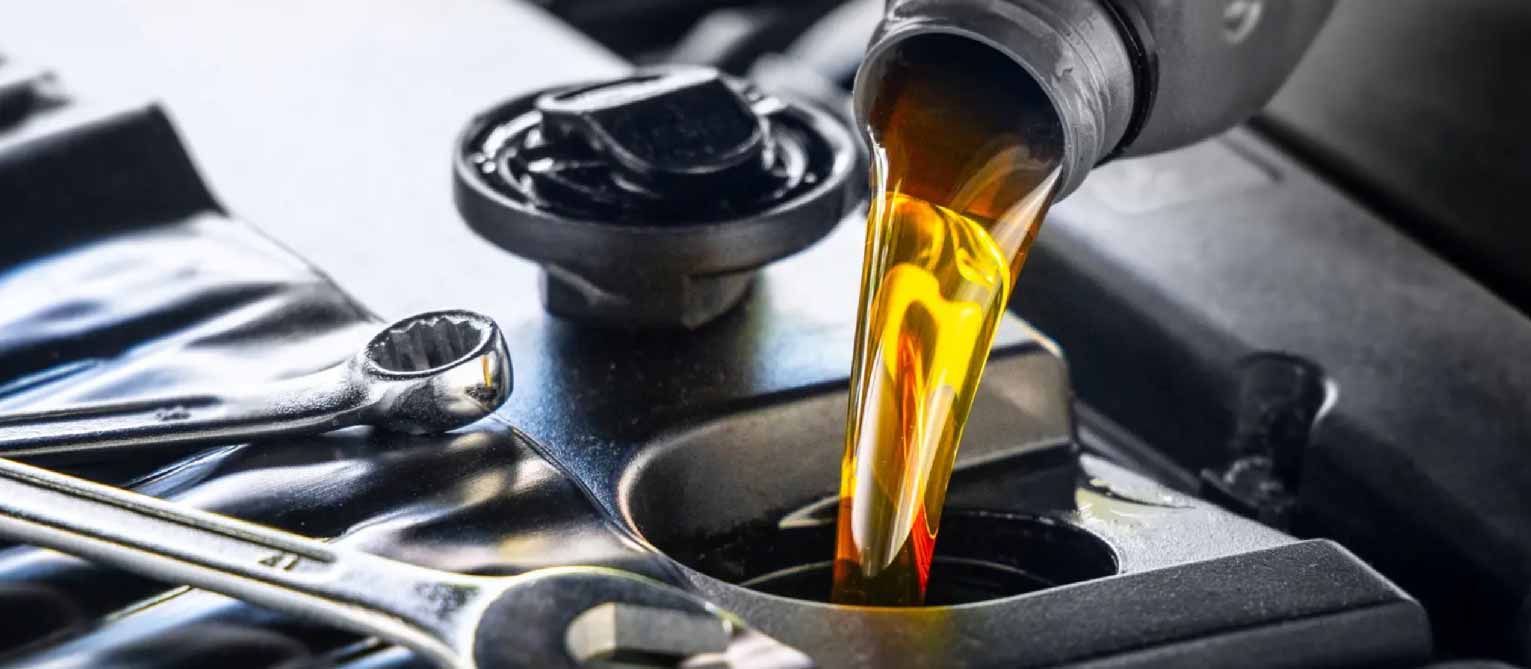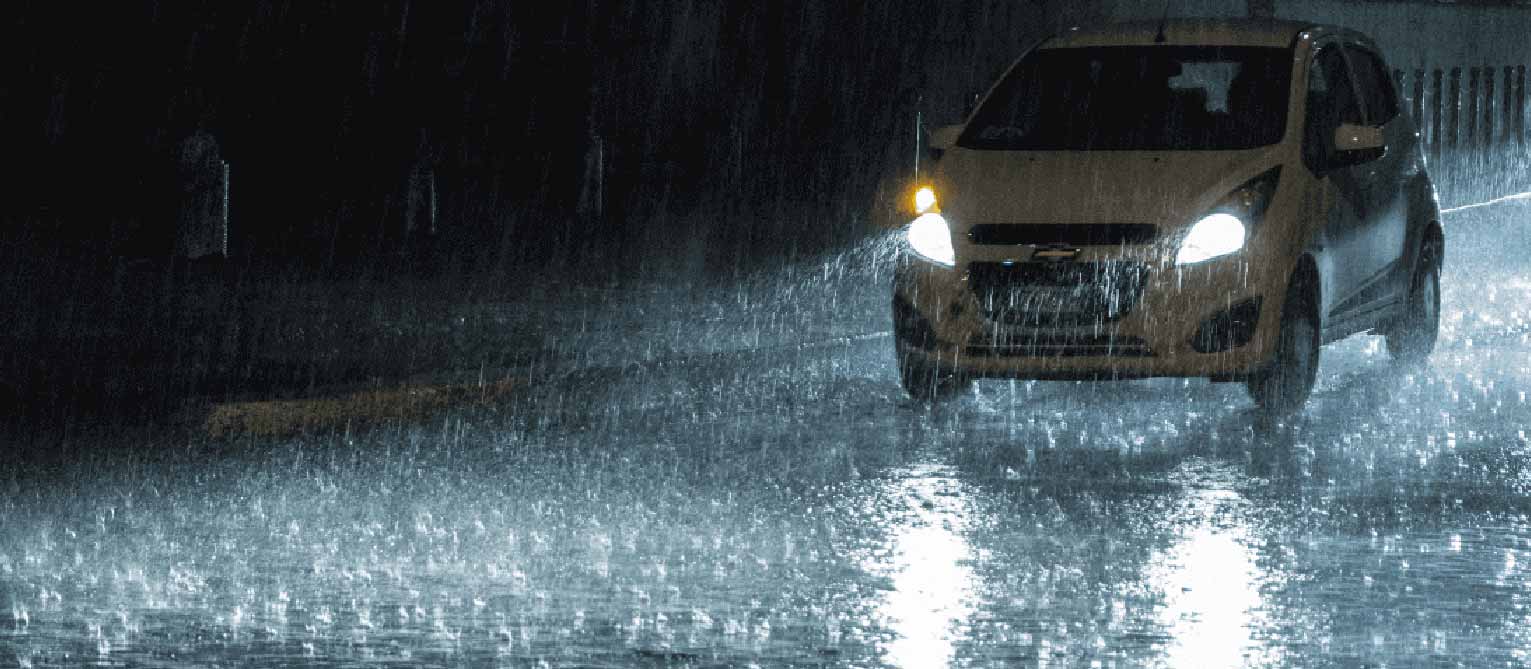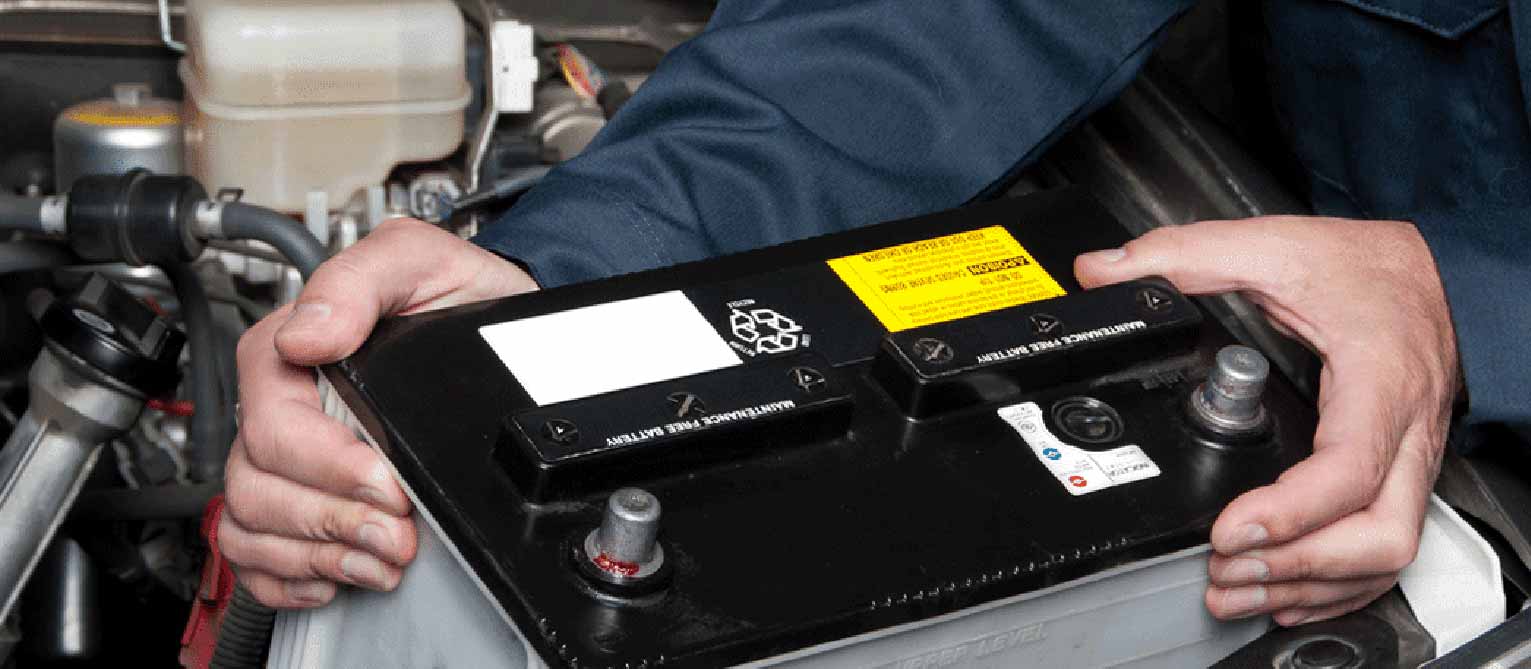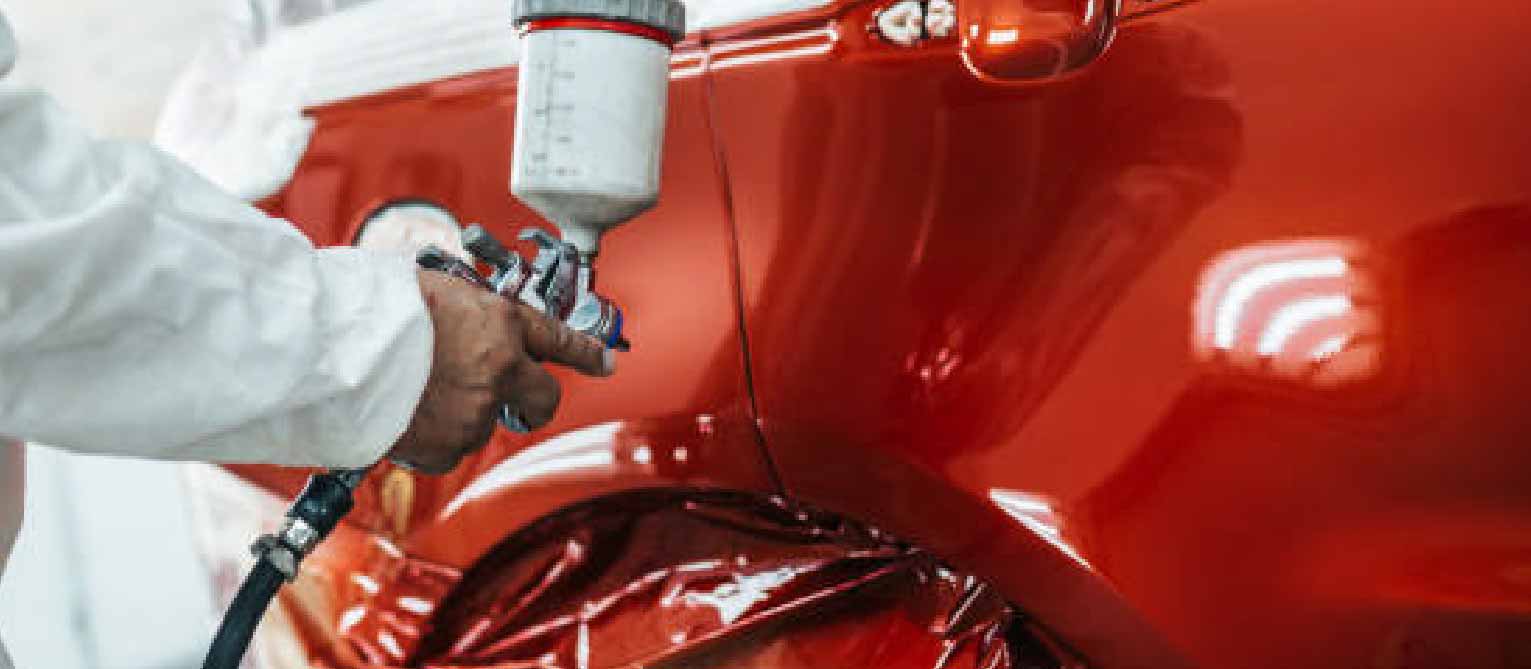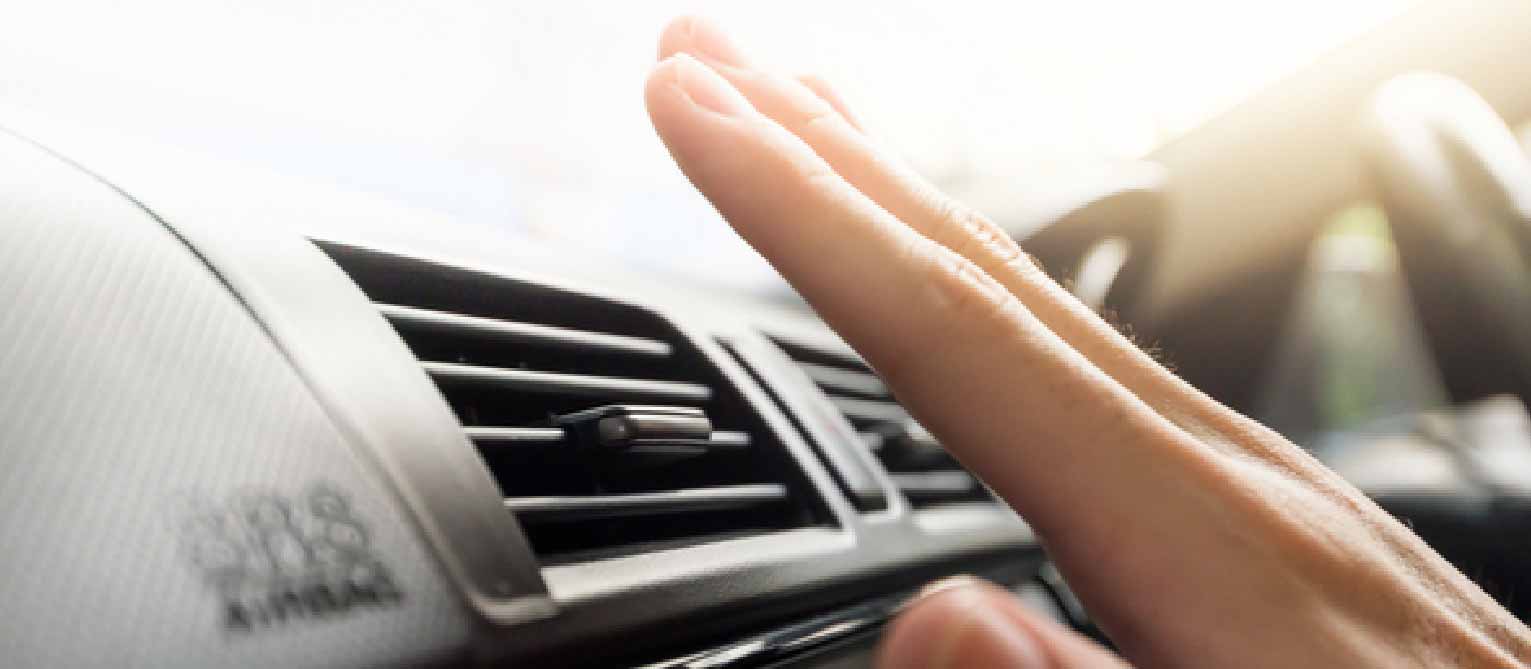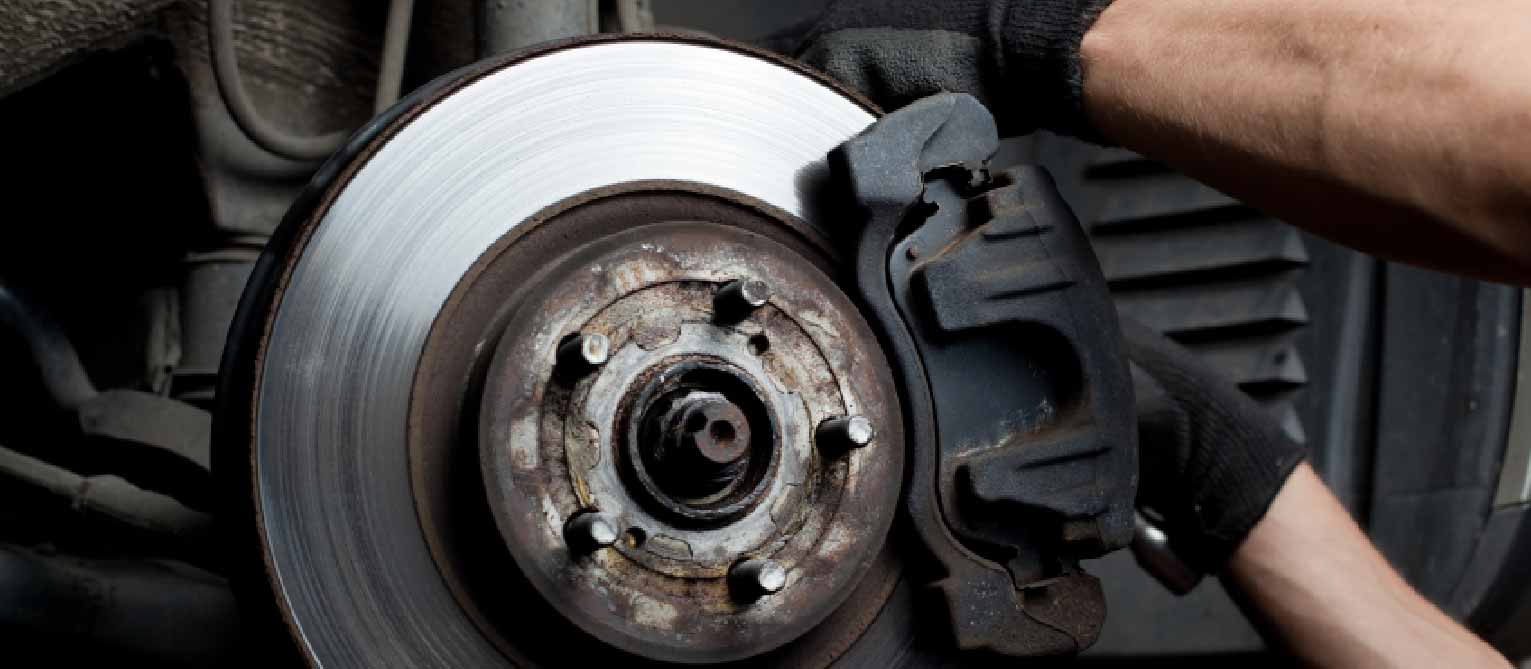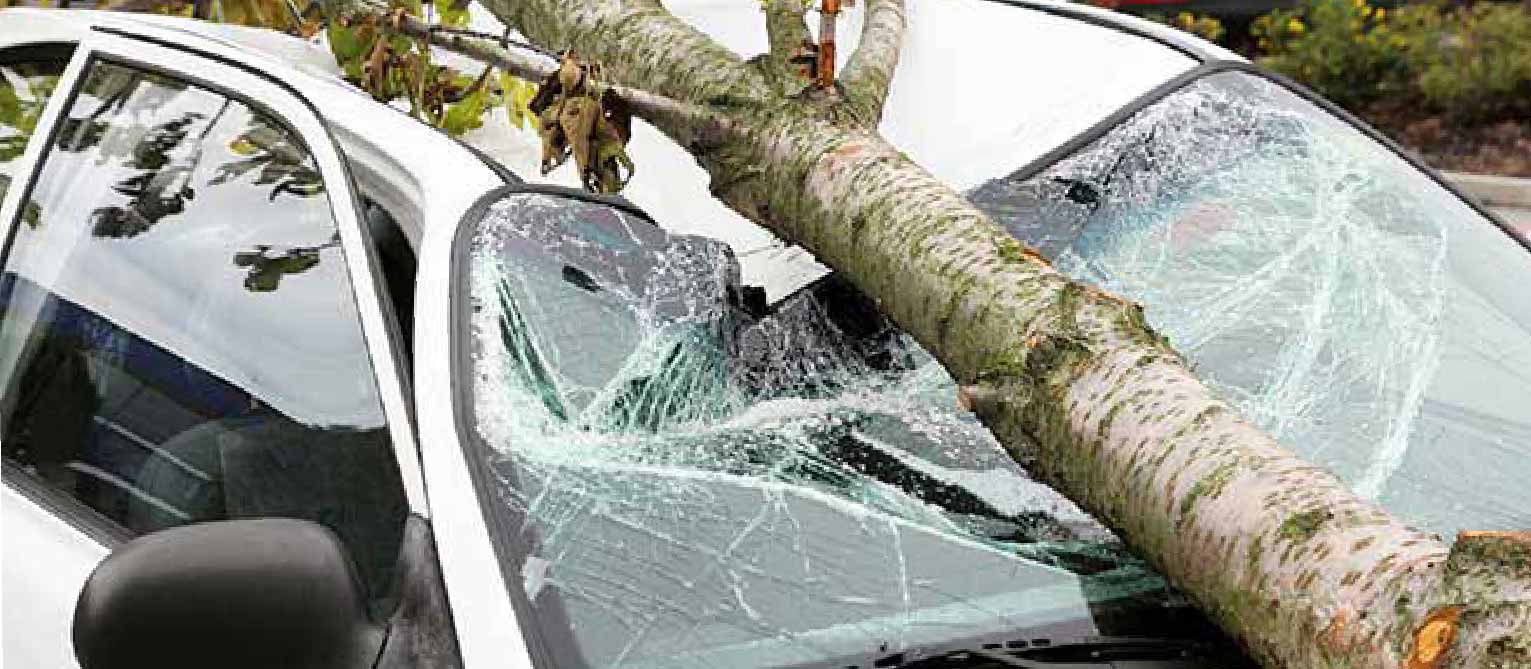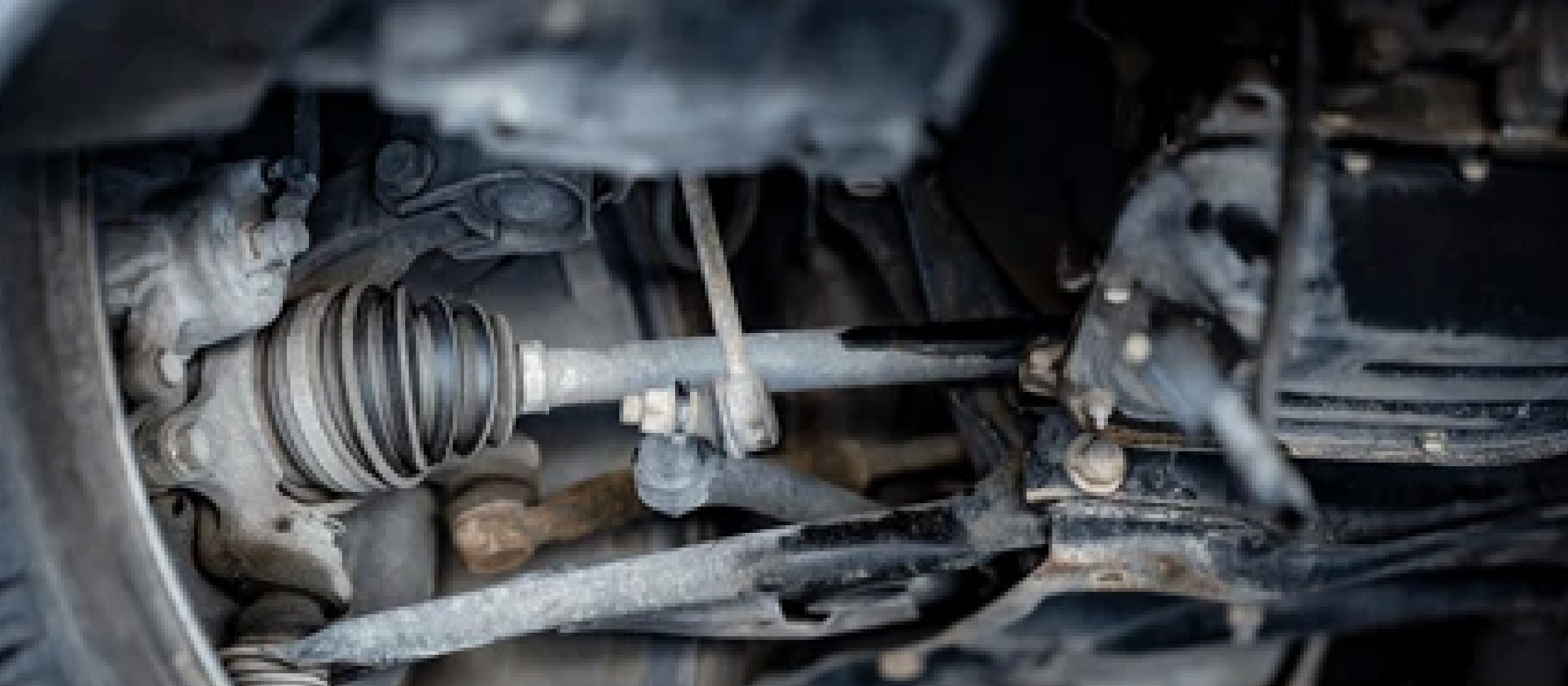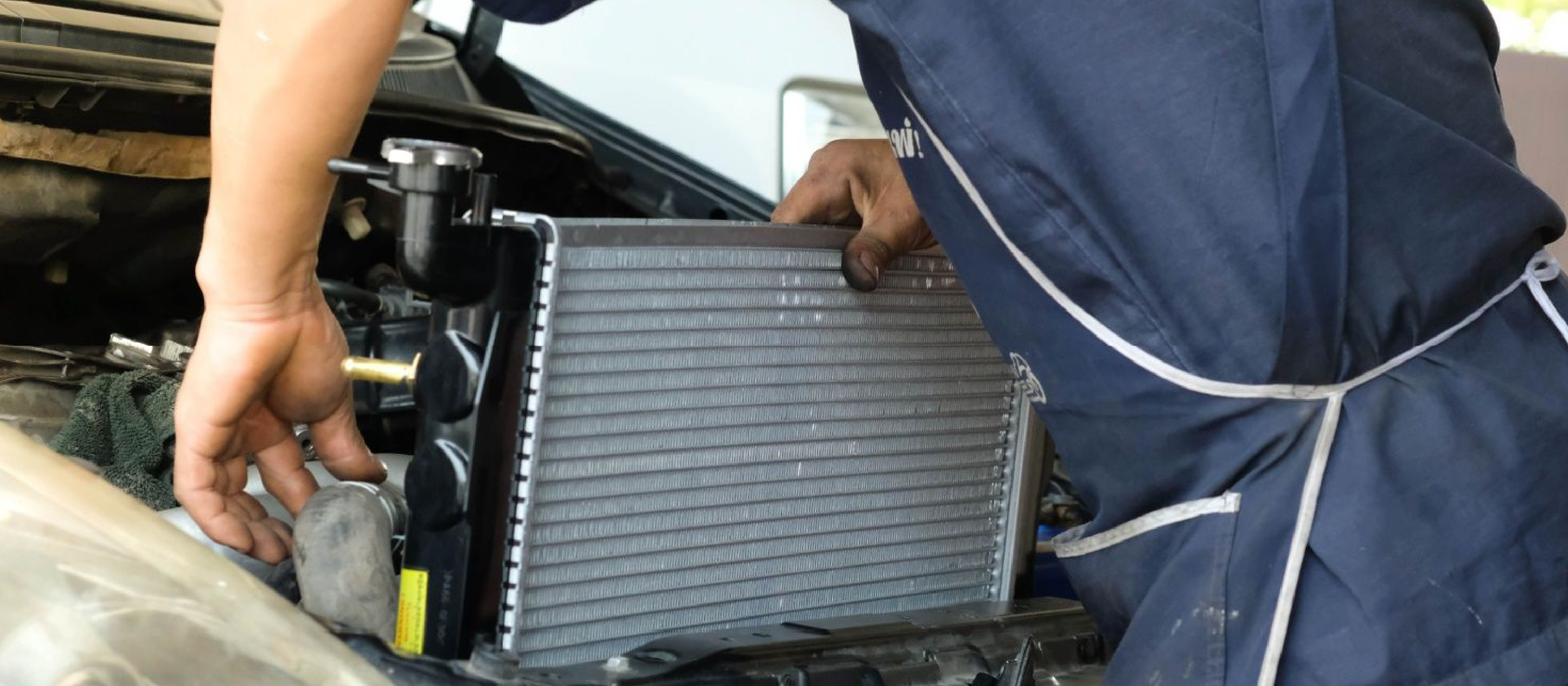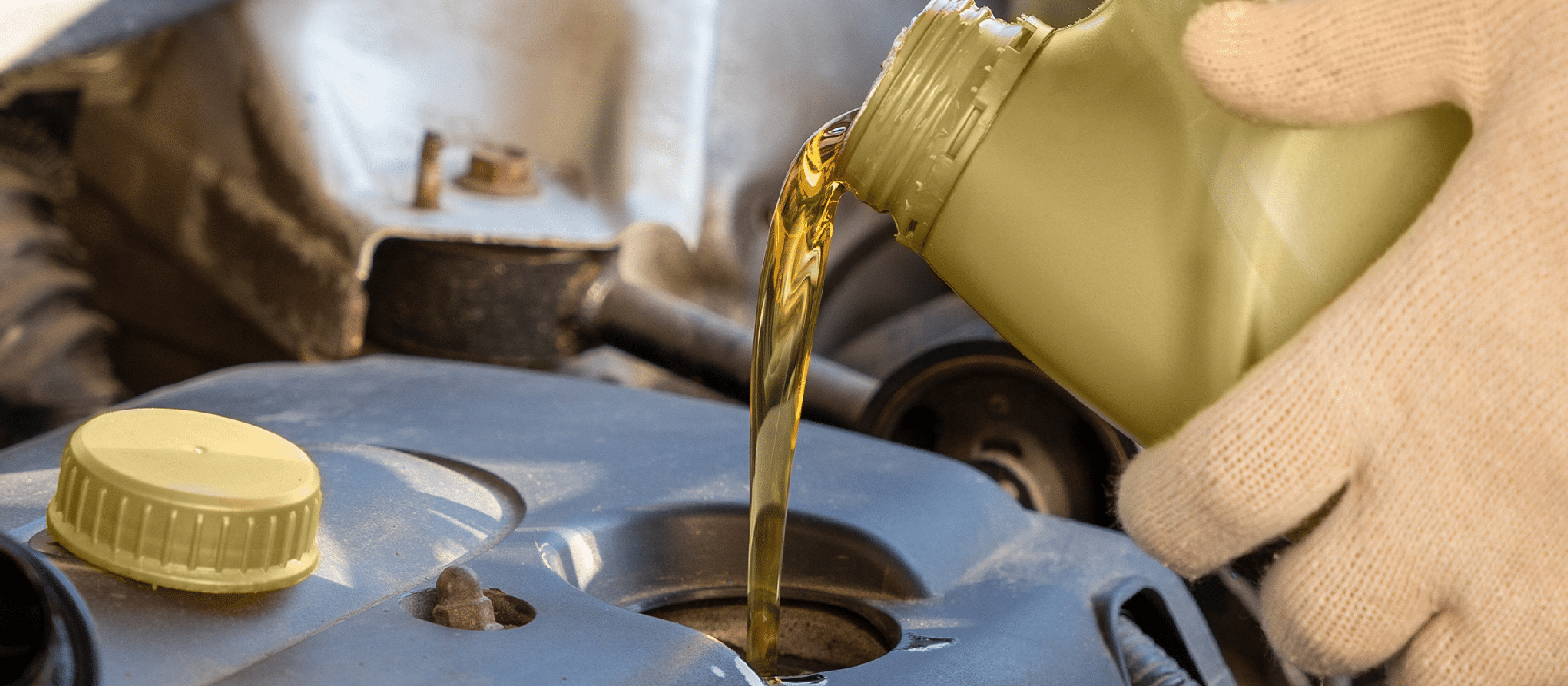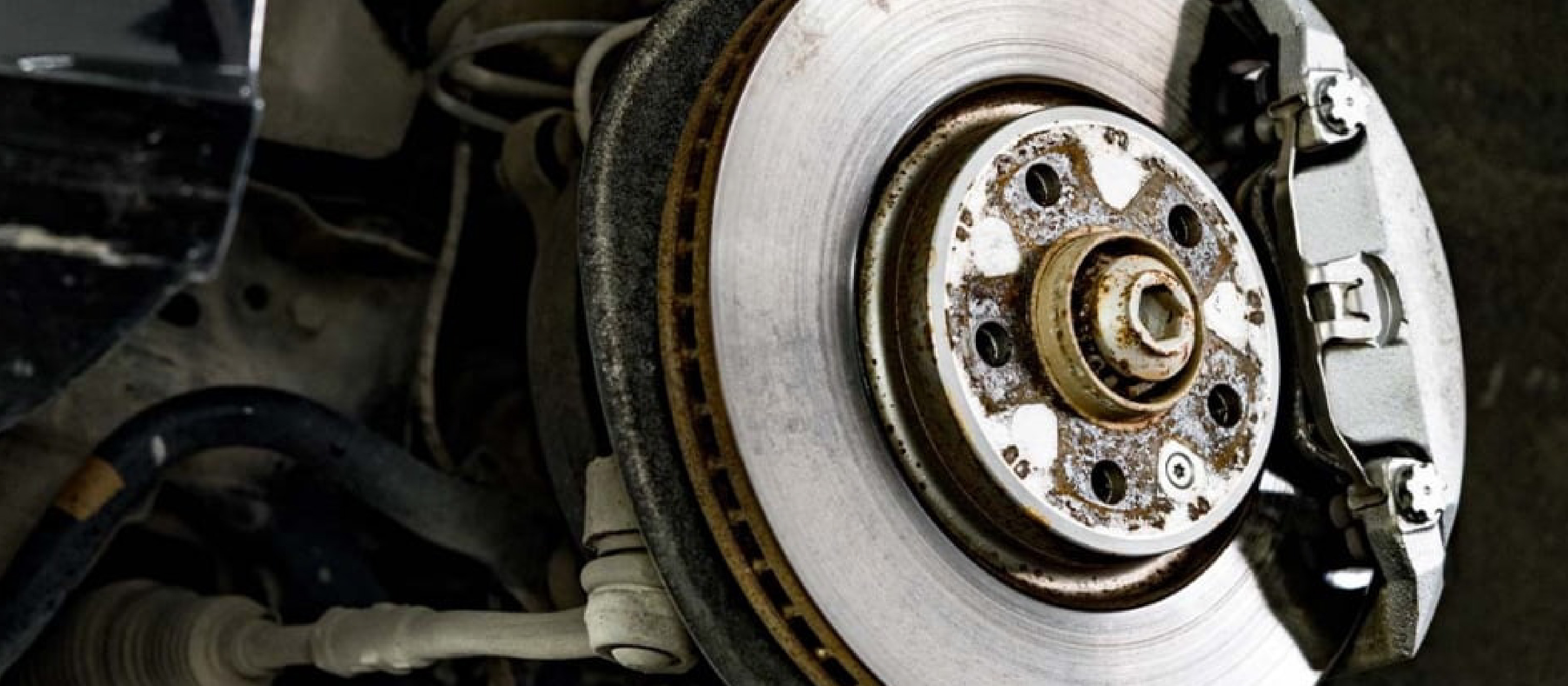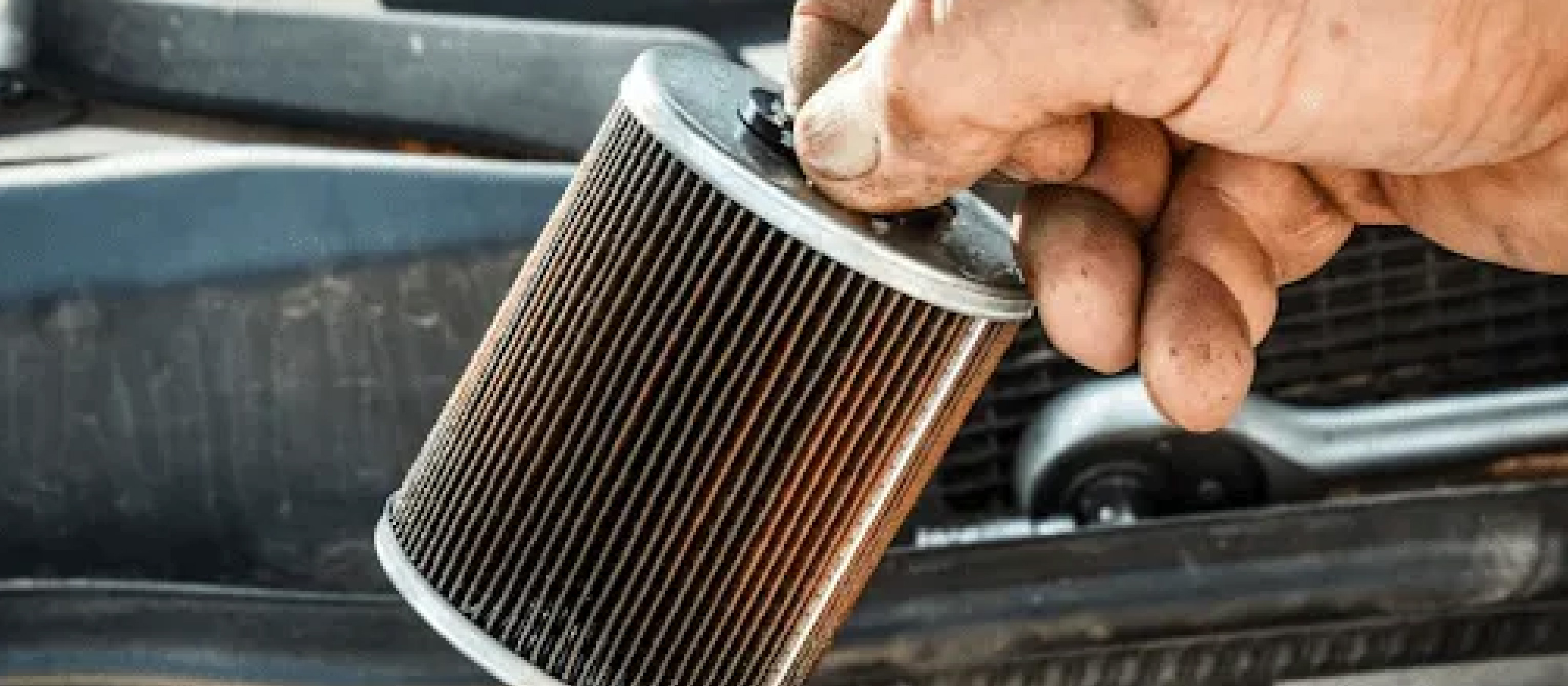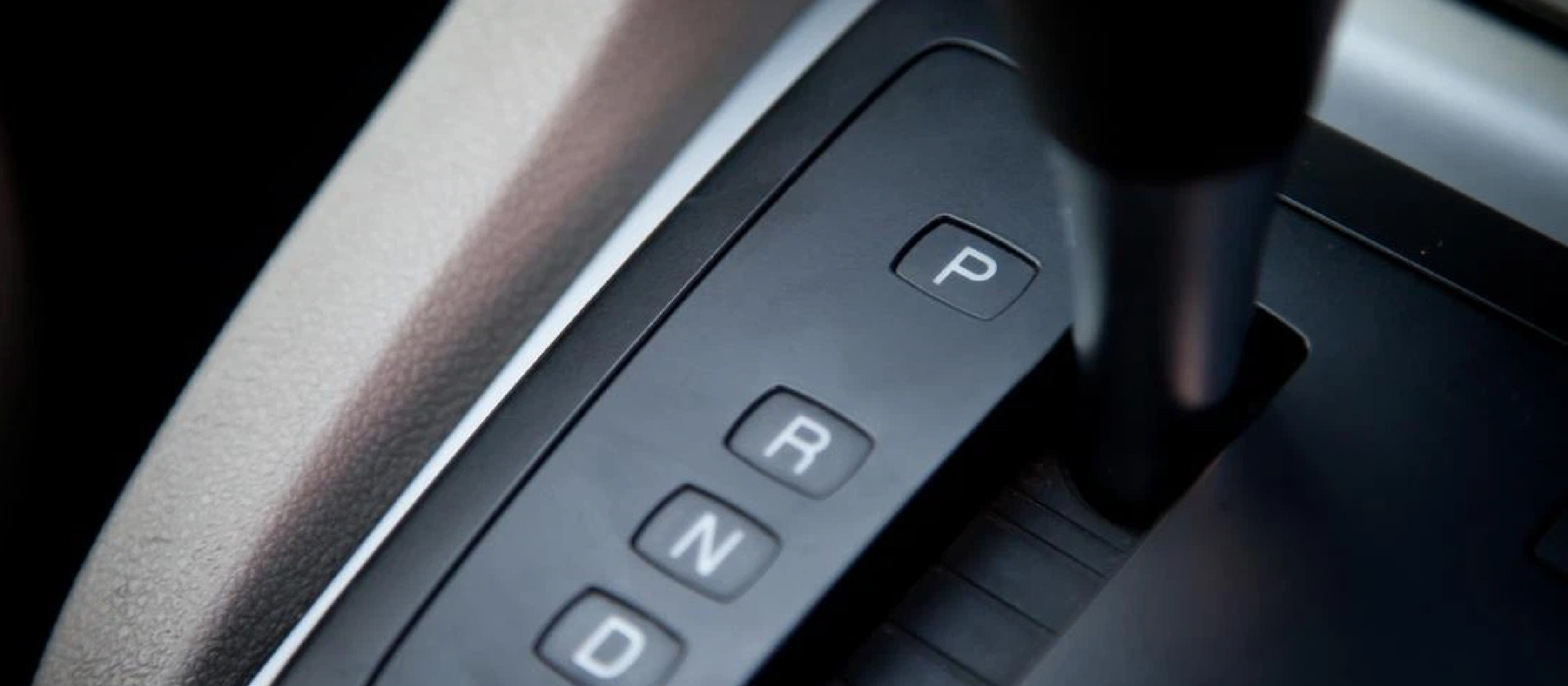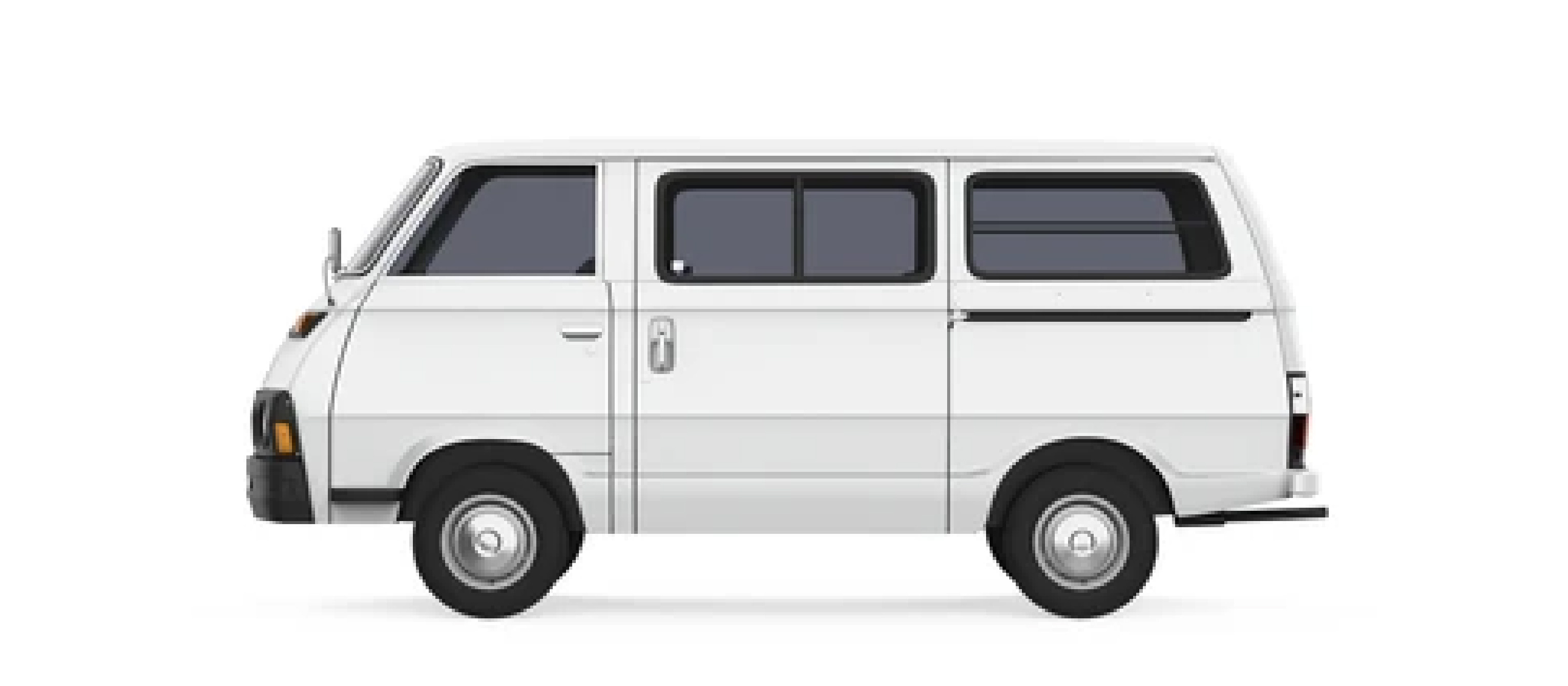Empowering Women in the Automotive World: Spotlight on Jay Gallyot, Your Lady Car Expert
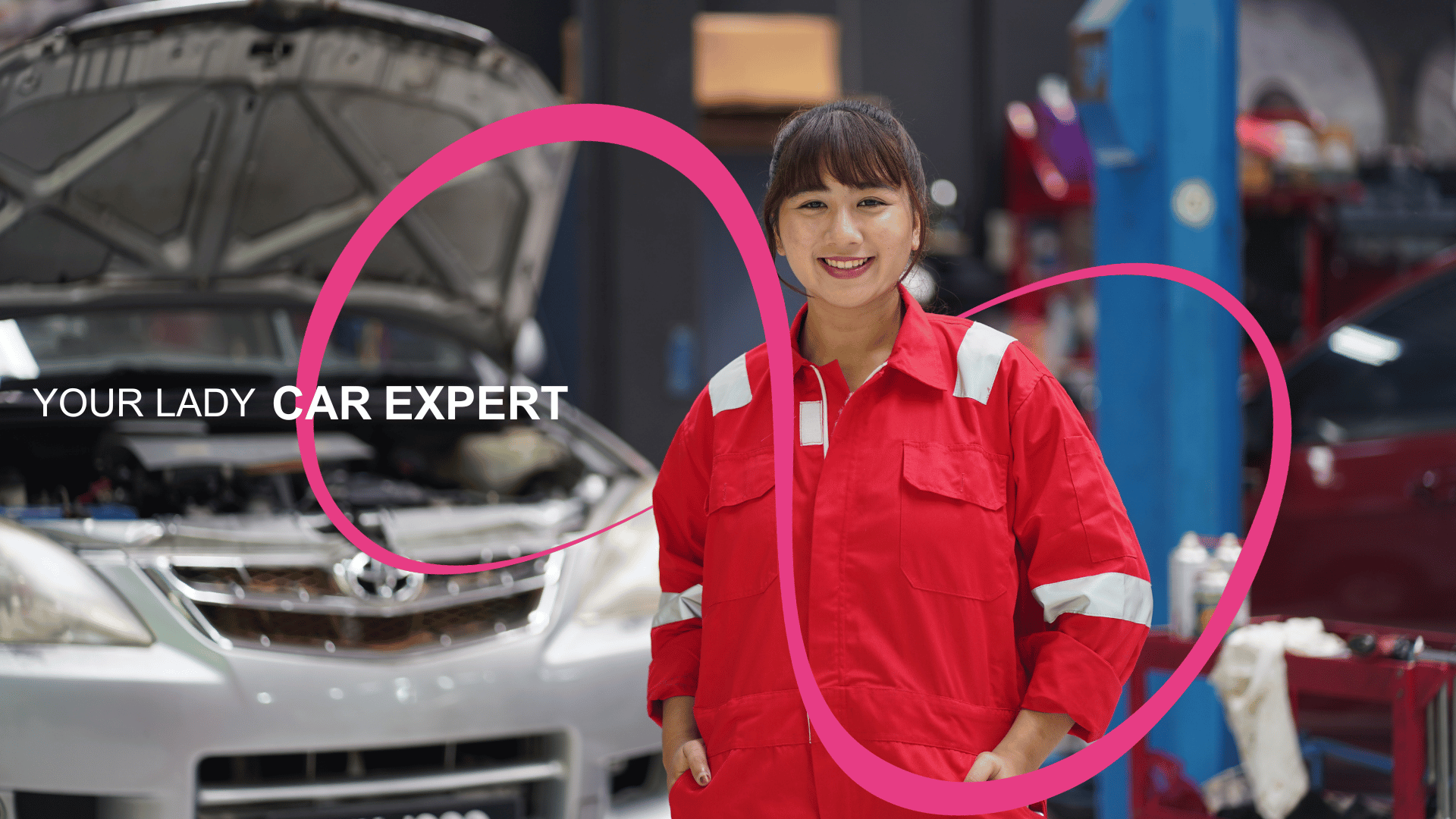
Ladies have rarely made a name for themselves in the automotive industry, a field often perceived as male-dominated. However, this narrative is about to change, and Berjaya Sompo Insurance is proud to lead this transformation alongside Jay Gallyot, a rising star in the automotive arena whose name you have likely heard in the news and on the radio.
We are excited to collaborate with Jay Gallyot, featured as Your Lady Car Expert, in a role designed to empower ladies through education on performing basic car care and maintenance.
Jay Gallyot's passion for cars began at a young age. From spending weekends learning the intricacies of engines to becoming a highly respected professional in the automotive field, Jay's journey is an inspiring tale of dedication and expertise.
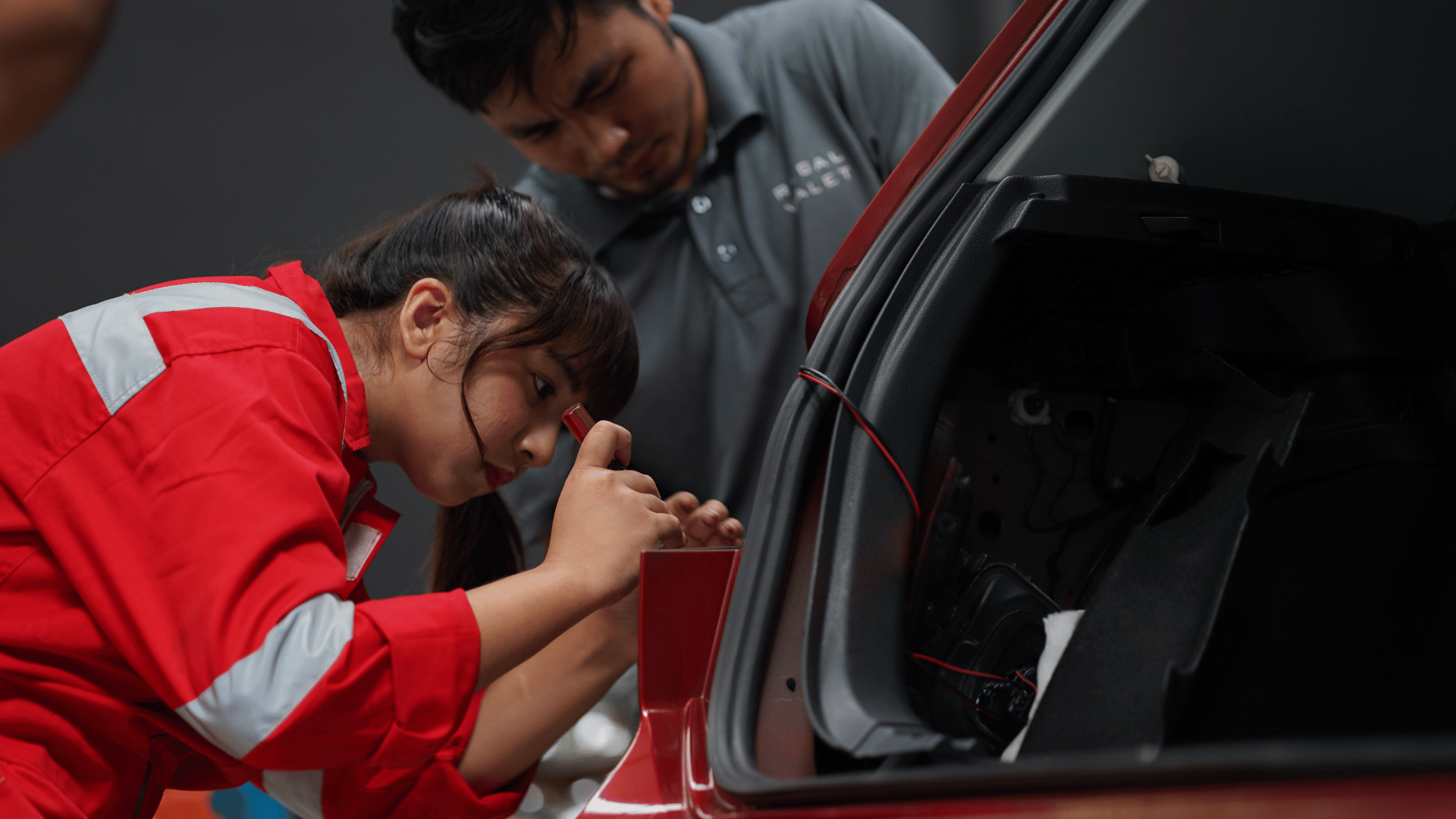
Jay's journey in the automotive field wasn't without its challenges. Facing numerous stereotypes in a traditionally male-dominated industry, Jay's perseverance and determination led her to overcome these obstacles and establish herself as a professional lady mechanic.

Join Us in Empowering Women
We believe that empowering women in the automotive industry not only promotes gender equality but also enriches the industry with diverse perspectives and talents. By showcasing role models like Jay, we hope to inspire more women to gain confidence in their automotive knowledge and skills.
Other good reads that you might be interested in:
- Why Malaysians Love Their Dummy Seatbelts (and Why It's a Terrible Idea)
- What To Do When Involved In An Accident?
- Extend Your Tyres' Lifespan And Drive Safely
- Car Seats Are a Must for Your Baby: Here’s Why!
- Do Not Drive Another Inch! Ignoring These 3 Dashboard Lights Could Be Fatal!
- Unforeseen Perils and Why Many Malaysians Face Insurance Woes After Natural Disasters.
- Clearing the Window: Understanding JPJ Requirements for Tinted Glass in Malaysian Cars
- The Thrifty Driver's Choice: Pay-Per-Mile Car Insurance
- Alamak, Hujan Lagi!
Educating and Inspiring Through Practical Knowledge
In line with our CSR initiative, we have created a series of videos that provide valuable insights into car maintenance, what to do during a flood, and other essential automotive knowledge. These videos cover basic yet crucial topics that everyone should know, making car care accessible to all.

Welcome to Ask Jay, your go-to space for expert advice on car care, maintenance, and safety! Whether you're a seasoned driver or new to the road, our Lady Car Expert, Jay, is here to answer all your burning questions about keeping your vehicle in top shape. Browse through the questions below, and gain valuable tips to ensure a smooth and safe ride every time you hit the road.

